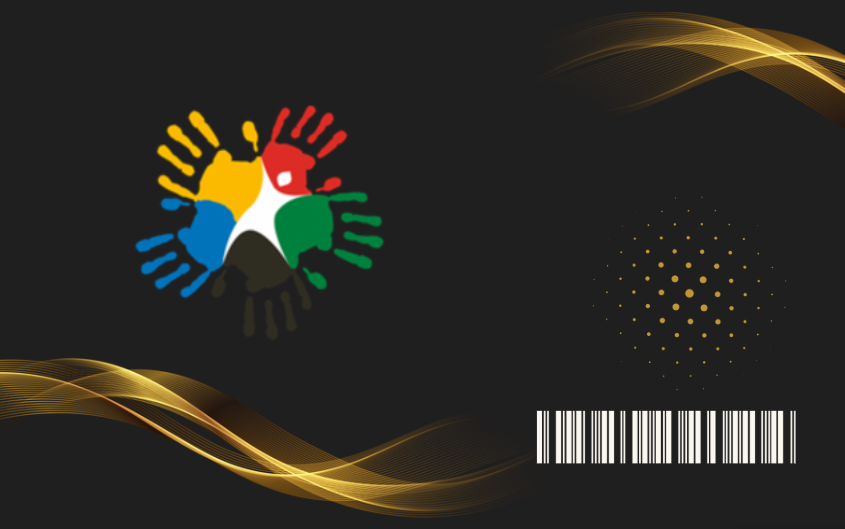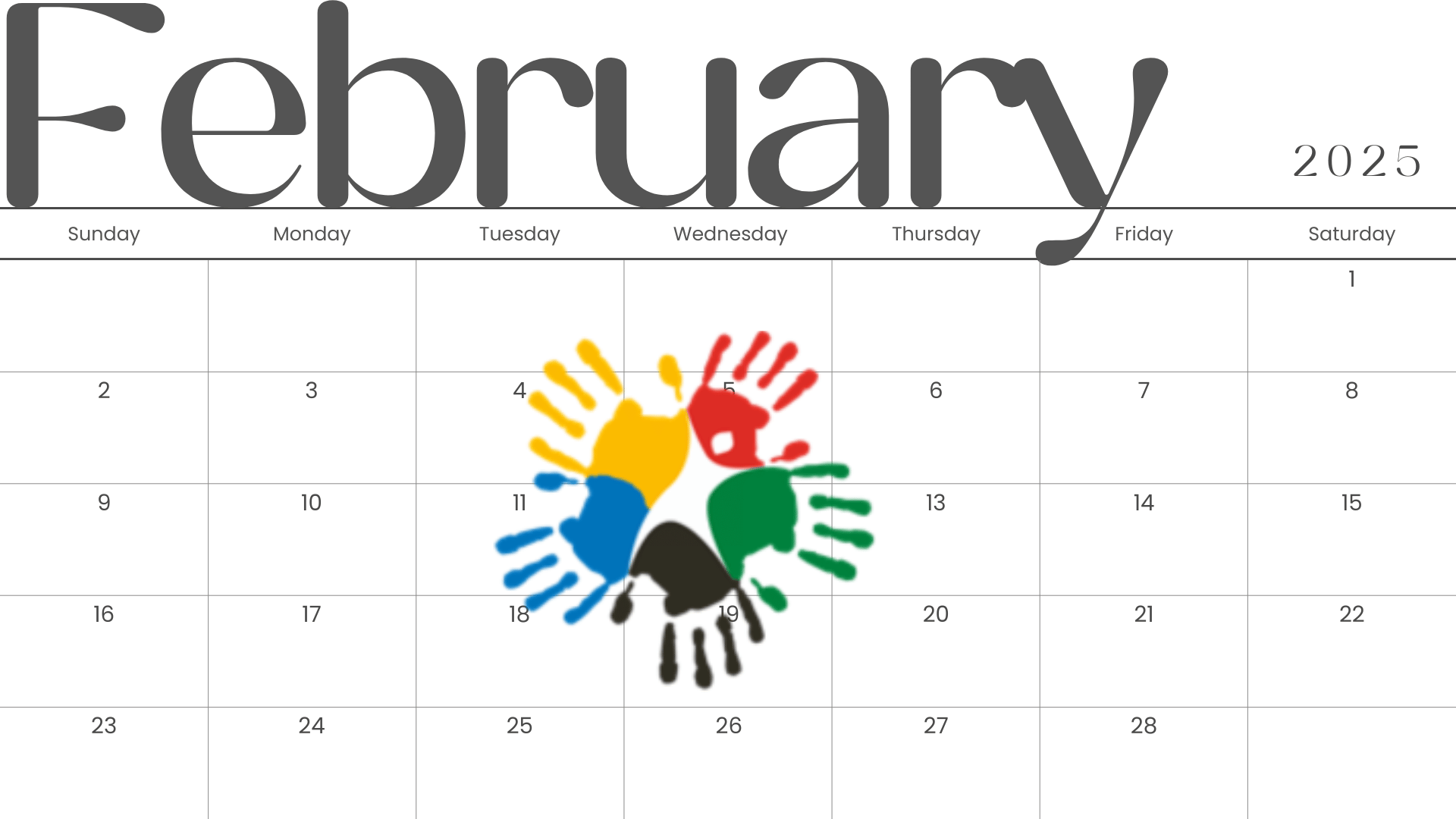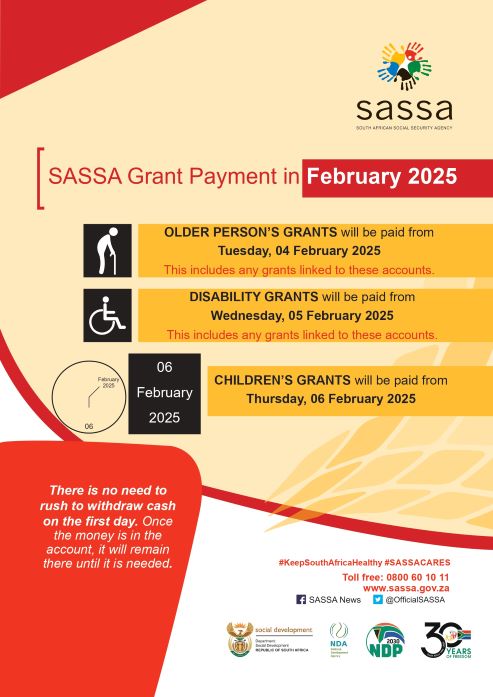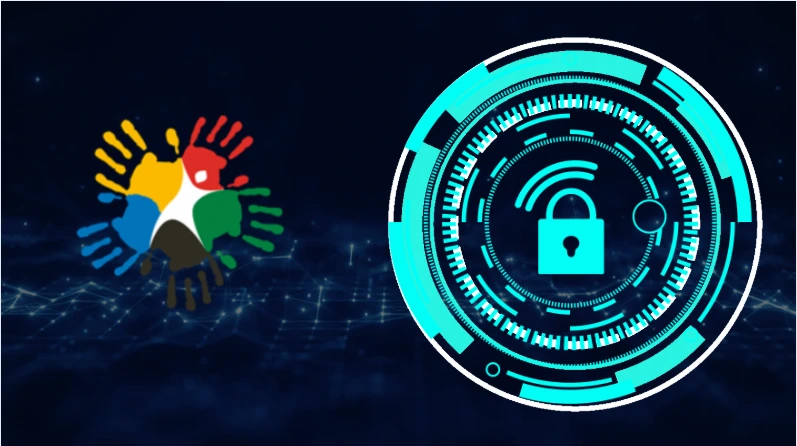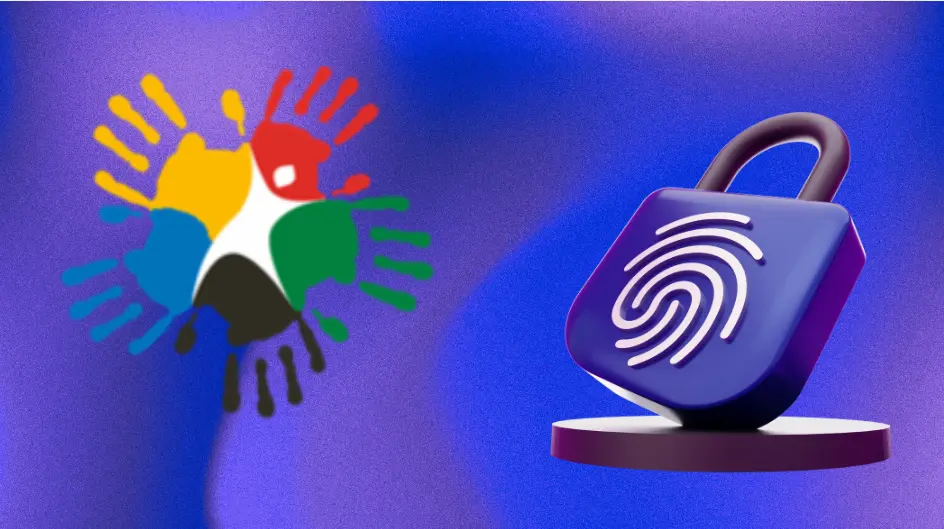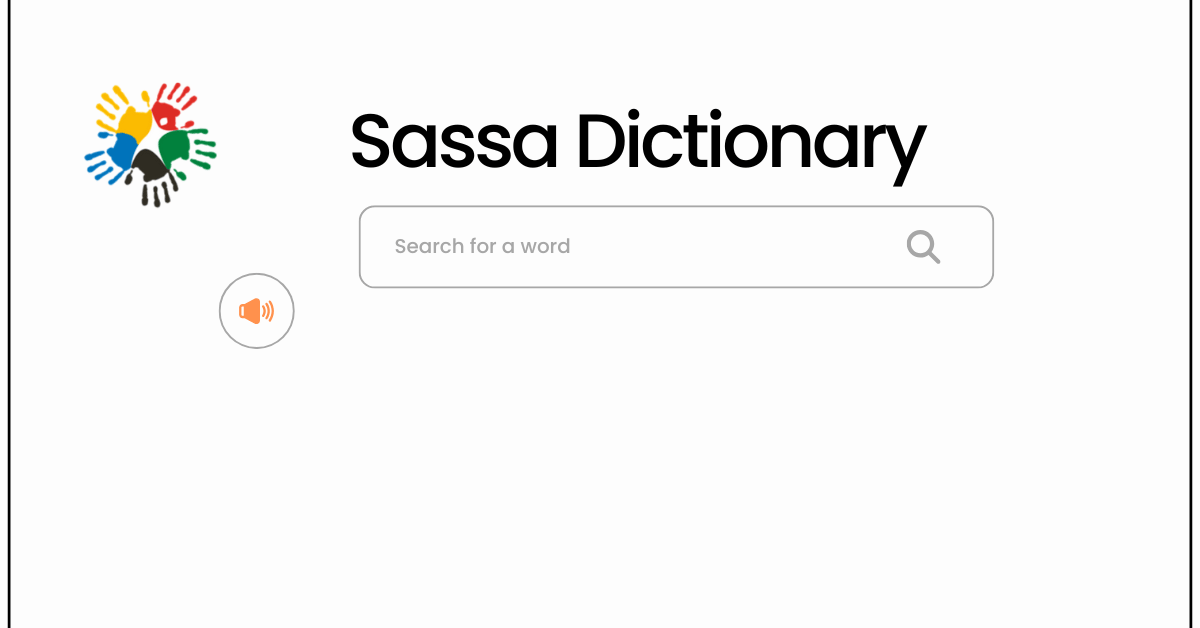The Most Comprehensive SASSA Glossary: All Terms Explained
This combined glossary includes officially recognized SASSA terms along with related terms and practical concepts to help South Africans better understand the processes and terminology of the South African Social Security Agency (SASSA).
Whether you’re applying for grants or trying to navigate the system, this guide has you covered.
1. SASSA (South African Social Security Agency)
The South African government agency responsible for administering social grants and other forms of social assistance to qualifying individuals. Its goal is to reduce poverty and provide support to vulnerable groups, including the elderly, disabled, and unemployed.
2. Social Grant
A form of financial assistance provided by SASSA to qualifying individuals or households. Social grants are designed to meet the basic needs of those who cannot provide for themselves due to financial hardship, age, or disability.
3. Means Test
A financial assessment conducted by SASSA to determine whether an applicant qualifies for a grant. It examines the applicant’s income, assets, and expenses to confirm eligibility.
4. Old Age Grant
A grant available to South African citizens or permanent residents aged 60 years or older. Eligibility is determined through the means test, and the grant is intended to help older individuals meet their basic living needs.
5. SASSA Child Support Grant
A financial grant offered to parents or caregivers of children under 18 years old. This grant is meant to assist low-income families in providing for their children’s basic needs, including food, clothing, and education.
6. SASSA Disability Grant
A grant provided to individuals who are medically certified as unable to work due to a permanent or temporary disability. This grant is subject to a means test and requires medical documentation to prove eligibility.
7. SASSA Foster Child Grant
A grant provided to caregivers (foster parents) who have been given custody of a child through a court order. The grant supports foster families in meeting the basic needs of the foster child.
8. SASSA Care Dependency Grant
A grant for parents or caregivers of children with severe disabilities who require full-time care. This grant is subject to a means test and is designed to assist in meeting the additional financial needs of caring for a dependent child with disabilities.
9. SASSA Social Relief of Distress (SRD)
A temporary form of assistance provided to individuals or households in dire need. This includes the SRD R350 grant, which was introduced during the COVID-19 pandemic to support unemployed individuals who receive no other form of financial assistance.
10. SASSA Grant-in-Aid
An additional grant for individuals who already receive a social grant (such as the old age or disability grant) and need full-time care from someone else due to their physical or mental condition.
11. SASSA War Veterans Grant
A grant provided to individuals who served in World War II or the Korean War. Beneficiaries must meet the means test and age requirements to qualify.
12. SASSA Temporary Disability Grant
A short-term grant provided to individuals who are temporarily unable to work due to a medical condition or disability. It is valid for a limited period (6 to 12 months) and must be renewed if the disability persists.
13. SASSA Dependency Ratio
A calculation used to determine the financial dependency within a household. It compares the number of dependents (children, elderly, or disabled individuals) to income earners, often used during the means test process.
14. SASSA Caregiver
An individual who is responsible for the well-being and care of a child or dependent. Caregivers often apply for grants such as the Child Support Grant if they meet the eligibility criteria.
15.SASSA Foster Parent
A person legally assigned by a court to care for a child who is not biologically theirs. Foster parents may apply for the Foster Child Grant to help cover the costs of raising the child.
16. SASSA Gold Card
A debit card issued to grant recipients, allowing them to withdraw funds at ATMs, make purchases at retailers, or collect payments at Post Office branches.
17. SASSA Bank Verification Process
A step in the SASSA application process where the banking details of the applicant are verified to ensure secure and accurate payments.
18. SASSA Application ID
A unique reference number assigned to every grant application. Applicants can use this number to track the status of their application online or via SASSA’s helpdesk.
19. Lapsing of SASSA Grant
The termination of a grant when eligibility requirements are no longer met. For example, a temporary disability grant may lapse when the grant period expires, or a foster child turns 18 years old.
20. Fraud Prevention Hotline
A toll-free hotline established by SASSA for reporting fraudulent activities, such as misrepresentation of information or misuse of grants.
21. Appeals Process
If a grant application is rejected, the applicant has the right to file an appeal with the Independent Tribunal for Social Assistance Appeals (ITSAA). This ensures a fair review of the decision.
22. Reconsideration Request
Before filing an appeal, applicants can request a reconsideration if their grant application is denied. This involves submitting additional information or documentation for SASSA to review.
23. Overpayment Recovery
If a recipient is paid more than they are entitled to (due to administrative errors or false information), SASSA may deduct the overpaid amount from future grant payments.
24. Proof of Life Certification
A periodic requirement for certain grants (such as the old age or war veterans grants), where beneficiaries must verify that they are still alive and meet eligibility criteria.
25. Pay Points
Locations where beneficiaries can collect their social grant payments. These include Post Offices, ATMs, and select retailers.
26. Supporting Documents
Documents required for grant applications, such as:
- South African ID or birth certificate
- Proof of income or unemployment
- Medical assessments (for disability-related grants)
- Court orders (for foster care grants)
27. COVID-19 SRD Grant (R350 Grant)
A temporary relief grant introduced during the COVID-19 pandemic to assist unemployed individuals who were not receiving any other form of social assistance or UIF.
28. Arrear Payments
Payments that were missed or delayed due to administrative issues, which SASSA compensates for once the issue is resolved.
29. IT4SA (Independent Tribunal for Social Assistance Appeals)
The tribunal responsible for handling appeals related to denied SASSA applications.
30. Alternative Income
Any form of income (e.g., part-time jobs or investments) apart from grants. Alternative income is assessed during the means test to determine grant eligibility.
31. Special Needs Allowance
An additional benefit or allowance for individuals with disabilities who require financial support for medical equipment, transportation, or specialized care.
32. Beneficiary Nominee
A person authorized to collect a grant on behalf of the recipient in cases where the recipient is unable to do so themselves (e.g., due to illness).
This combined glossary ensures that every term associated with SASSA is thoroughly explained, making it the most comprehensive and practical guide for South Africans.
Why You Can Trust This Information
Our content is thoroughly researched and based on reliable, up-to-date sources, including official government publications, reputable organizations, and expert insights. We prioritize accuracy, transparency, and clarity to ensure you receive trustworthy information that meets your needs.

